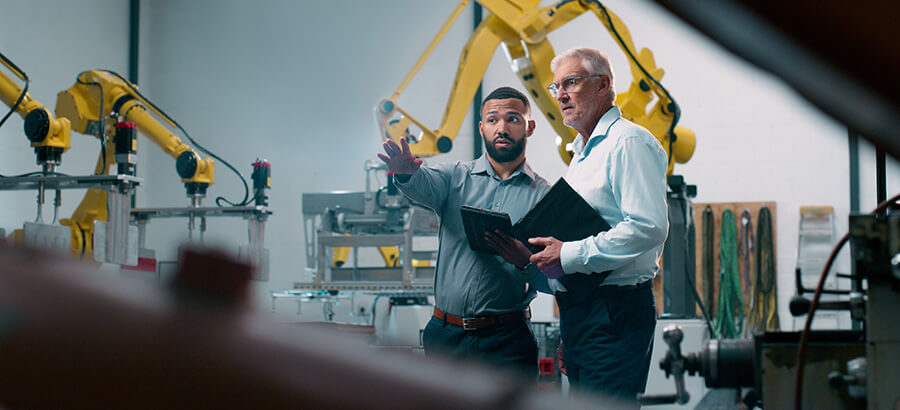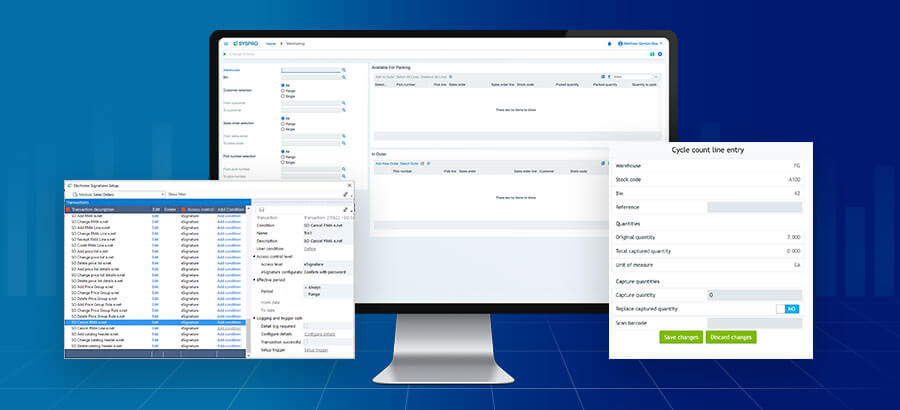Recently I had several very ordinary (and seemingly unrelated) personal experiences that, in hindsight, had a common theme related to using an Enterprise Resource Planning (ERP) business software system. Can you spot the theme?
- I got a haircut from my barber whom I’ve known for many years. I didn’t have to tell her how I wanted my hair cut because she already knew I liked it shorter in summer.
- My friend needed a new fridge. She didn’t bother to shop around. She just went to the same salesman who helped her with past purchases because he is trustworthy, knowledgeable, and helps her choose just the right appliance from the overwhelming selection of models and features.
- My father needed plumbing parts, but instead of going to the big box retailer, he went to a small hardware shop where he has known the owner for years. The owner asked about the repair job, gave advice on the best approach, gathered the parts, and explained how to use them.
The common theme here is ‘relationships.’ The relationship with the vendor is as important as the product itself. The barber, appliance salesman, and hardware store owner all know their customers well enough to understand their needs and provide excellent solutions. They might not always offer the best selection, or the best price, but they offer good value and a good experience to the customer. I’m sure you can think of similar examples in your own life.
The same applies to ERP systems. All modern ERP systems are pretty good, and fairly similar; so the product itself is not necessarily the differentiator. However, your relationship with the vendor is definitely a differentiator. This is especially true for a complicated and expensive product like an ERP system, where you require the vendor’s assistance to get full value from the software.
The importance of vendor relationship was borne out by a study done by Deloitte’s a few years ago on first-time vs. second-time ERP buyers (reported here). The top two criteria for first-time buyers were price and ease of implementation, whereas the top two criteria for second-time buyers were vendor’s level of support, and vendor’s performance track record. Second-time buyers understood the importance of relationships.
A vendor who has a good understanding of both your business and his products can properly fit the system’s features to address your requirements. Although this mainly applies during the implementation phase, both your business and the software will continue to evolve, making it even more important that the relationship must continue to grow with it.
A good vendor will use his or her knowledge of your business to proactively suggest improvements even before you think of them.
Keep in mind that, as with all relationships, it’s a two-way street. It’s not only the vendor’s responsibility to maintain the relationship. You must also do your part. For example:
- Sign up for the vendor’s newsletter
- Join and participate in discussion forums, LinkedIn groups, etc.
- Attend webinars, customer shows, user group meetings
- Have a quarterly lunch meeting with your account rep to discuss your current and future business strategies
We recently had a good example of a longtime customer who demonstrated the importance of the relationship and the need for continual input from both parties. When a new IT Manager joined, he called us to introduce himself and asked for a guided tour of the educational material on our website, both for himself and to pass the information on to other managers and users. We were pleased that he did this and were happy to oblige. He took a great proactive step to ensure that his company gets optimal value from the software.
If you sometimes think you’re not fully utilizing your ERP system, it might not be the software itself. Try cultivating a constructive relationship with your vendor and you will reap the benefits.






